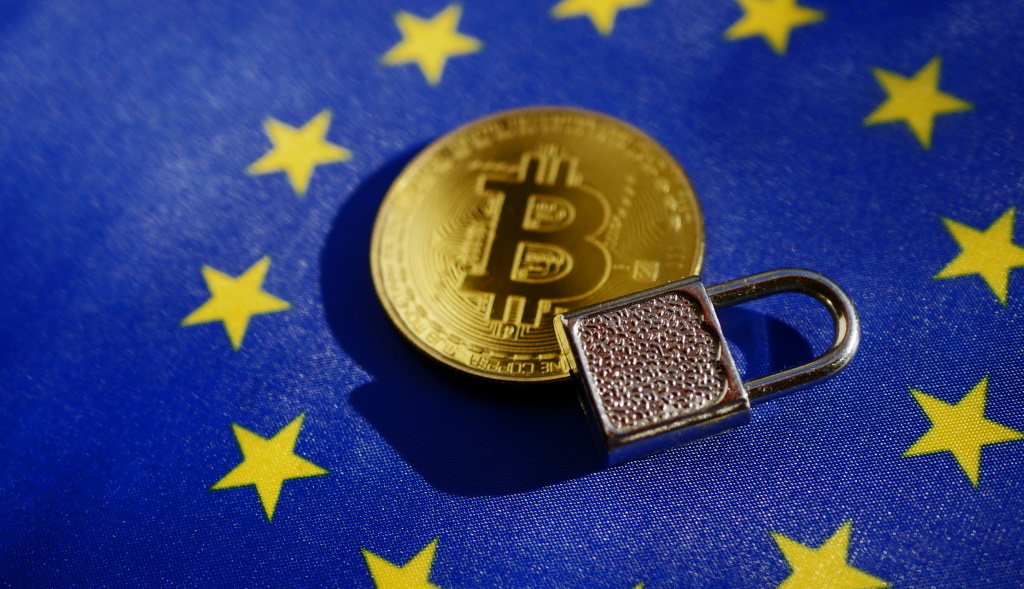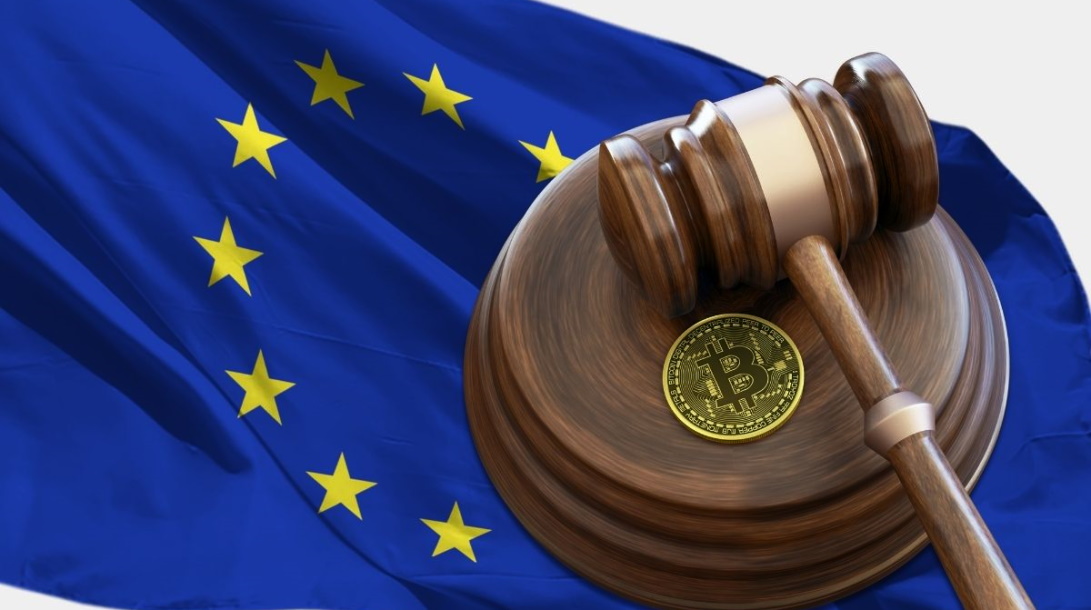- 17/09/2022
- Posted by: Cecil Thomas
- Category: Cryptocurrencies in Europe

Cryptocurrency regulations have been the focus of much debate in recent years, with governments across the globe attempting to find a balance between encouraging innovation and providing consumer security. Europe has been at the forefront of this regulatory balancing act, becoming an important hub for cryptocurrency activity while also seeking to ensure that their citizens are adequately safeguarded from financial risk. In this blog post article, we will examine how European countries have approached regulating cryptocurrencies, focusing on key trends and significant developments in various jurisdictions over the last few years. We will then look at what this means not just for cryptocurrency users within Europe but across the world as well.
How cryptocurrency regulations in Europe are helping to foster innovation and security
Cryptocurrency regulations in Europe are helping to foster innovation and security by providing legal certainty for businesses, investors, and users. In addition, these regulations help protect consumers from fraud and provide governments with a mechanism to monitor the use of cryptocurrencies and combat money laundering. This is crucial in order to ensure that digital currencies are not used for illegal activities.
In addition, cryptocurrency regulations help to ensure that companies offering services related to virtual currency comply with existing laws such as anti-money laundering (AML) and know your customer (KYC). In addition, these laws can also be used to create an environment conducive to innovation by encouraging technological development in the field of blockchain technology and digital currency products.
Furthermore, European regulators have taken steps to ensure that consumer protection is taken into account when creating cryptocurrency regulations. This includes setting rules for how companies can advertise services related to virtual currencies and providing guidance on the proper storage of user funds. In addition, European regulators have also established procedures for consumer dispute resolution and require companies to adhere to certain standards to protect user data and privacy.
Overall, cryptocurrency regulations in Europe are helping to foster innovation and security by establishing legal certainty for businesses, investors, and users and providing consumer protection. These measures help create a safe environment where digital currency products flourish while protecting consumers from fraud.

The future of cryptocurrency regulation in Europe
It is likely that the European Union will continue to increase its oversight of the cryptocurrency sector. This could involve the adoption of more stringent regulations and closer monitoring of transactions and activity within the industry. Additionally, countries such as France are pushing for an international agreement on taxation of cryptocurrencies that would ensure a level playing field for exchanges across Europe.
At present, several countries in Europe have already established laws regarding cryptocurrency regulation. For instance, Malta has created a Digital Innovation Authority to oversee its digital markets and regulate new technologies such as blockchain-based currencies and assets. Similarly, Estonia has established a legal framework for initial coin offerings (ICOs), which allows companies to raise funds using virtual tokens or coins issued by startups or other firms.
In the coming years, it is likely that European countries will continue to adopt regulations and frameworks regarding cryptocurrency use. This could include setting up official exchanges for cryptocurrencies as well as establishing legal guidelines for ICOs or other digital asset offerings. As these regulations are developed and implemented, a clearer understanding of the cryptocurrency industry in Europe should emerge. Ultimately, this could help create greater certainty and trust when it comes to investing in cryptocurrencies in Europe.

Regulations governing cryptocurrencies in the European Union
There vary from country to country, however, the European Commission has provided some guidance in their Digital Finance Strategy. The strategy outlines five core principles for regulating cryptocurrencies:
- Regulators should take an appropriate risk-based approach when supervising crypto-assets and related activities.
- Consumers should be adequately protected and informed about crypto-assets’ risks.
- Anti-money laundering and counter-terrorism financing obligations should be applied to crypto-asset market participants offering services in or into the EU.
- Market players should comply with cyber security standards applicable to financial sector firms providing similar services in the EU.
- Supervisory convergence should be pursued by allowing for increased cooperation between national regulators across the EU.
The European Commission has also set up the Crypto-Assets Task Force, which will provide technical and regulatory expertise to support the implementation of its Digital Finance Strategy. This task force is composed of representatives from the European Supervisory Authorities (ESAs). It will focus on topics such as consumer protection, anti-money laundering, cyber security, taxation, and market infrastructure. The aim is for this task force to work with national authorities to ensure that crypto-asset regulations are properly implemented across Europe.
In addition, the European Central Bank established a working group in 2019 to explore potential developments in digital currencies, including their implications for central banks’ monetary policies and payment systems. In 2020, the ECB announced plans to launch a digital euro, and it has also created a second working group to focus on this project’s legal and operational aspects.
Overall, the European Union is taking an active role in shaping the regulatory landscape for cryptocurrencies. With its Digital Finance Strategy, Crypto-Asset Task Force, and ECB working groups, the EU aims to ensure that crypto-asset regulations are properly implemented across Europe. This could have far-reaching implications for European citizens and those around the world who interact with crypto-assets.

